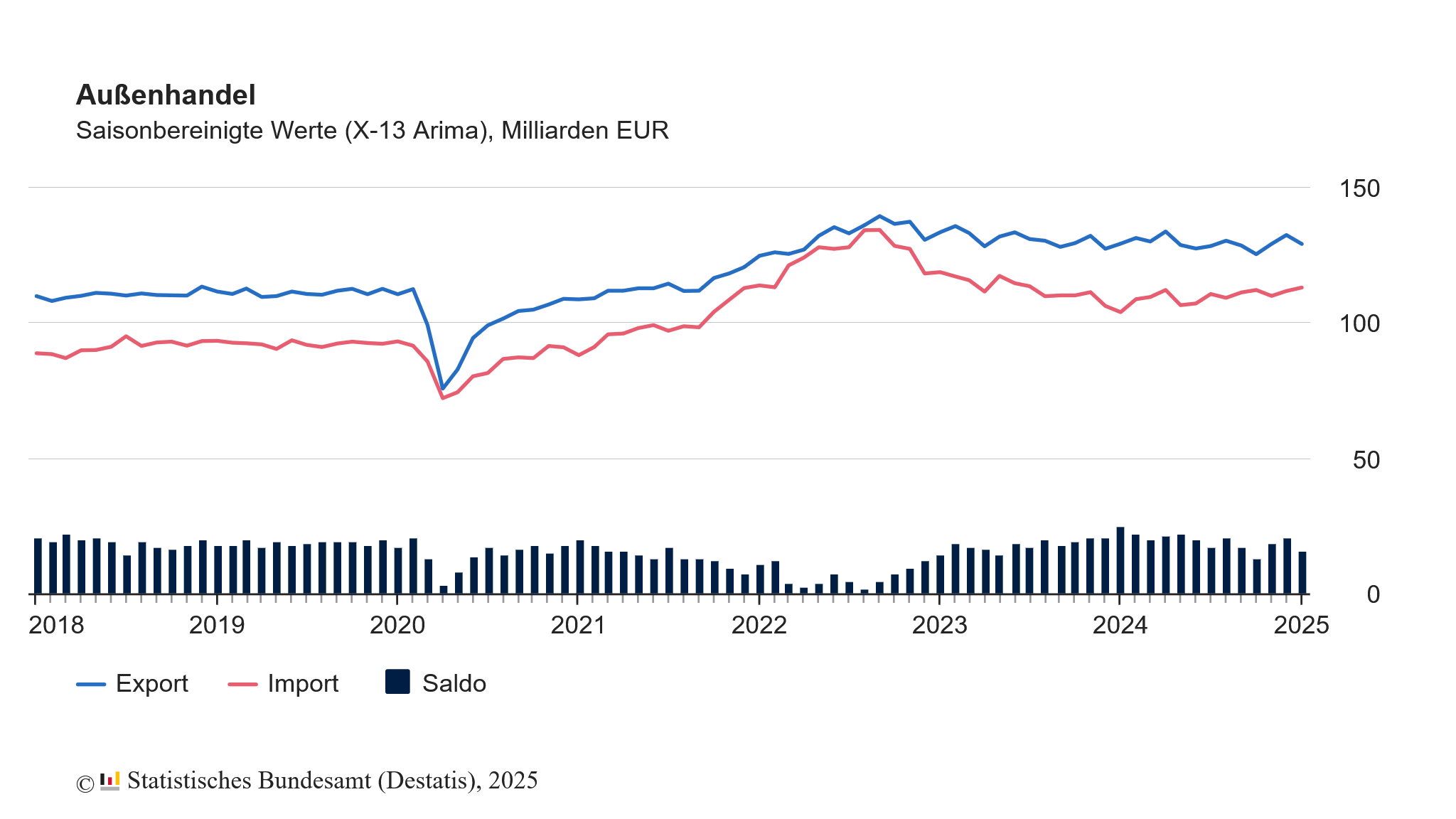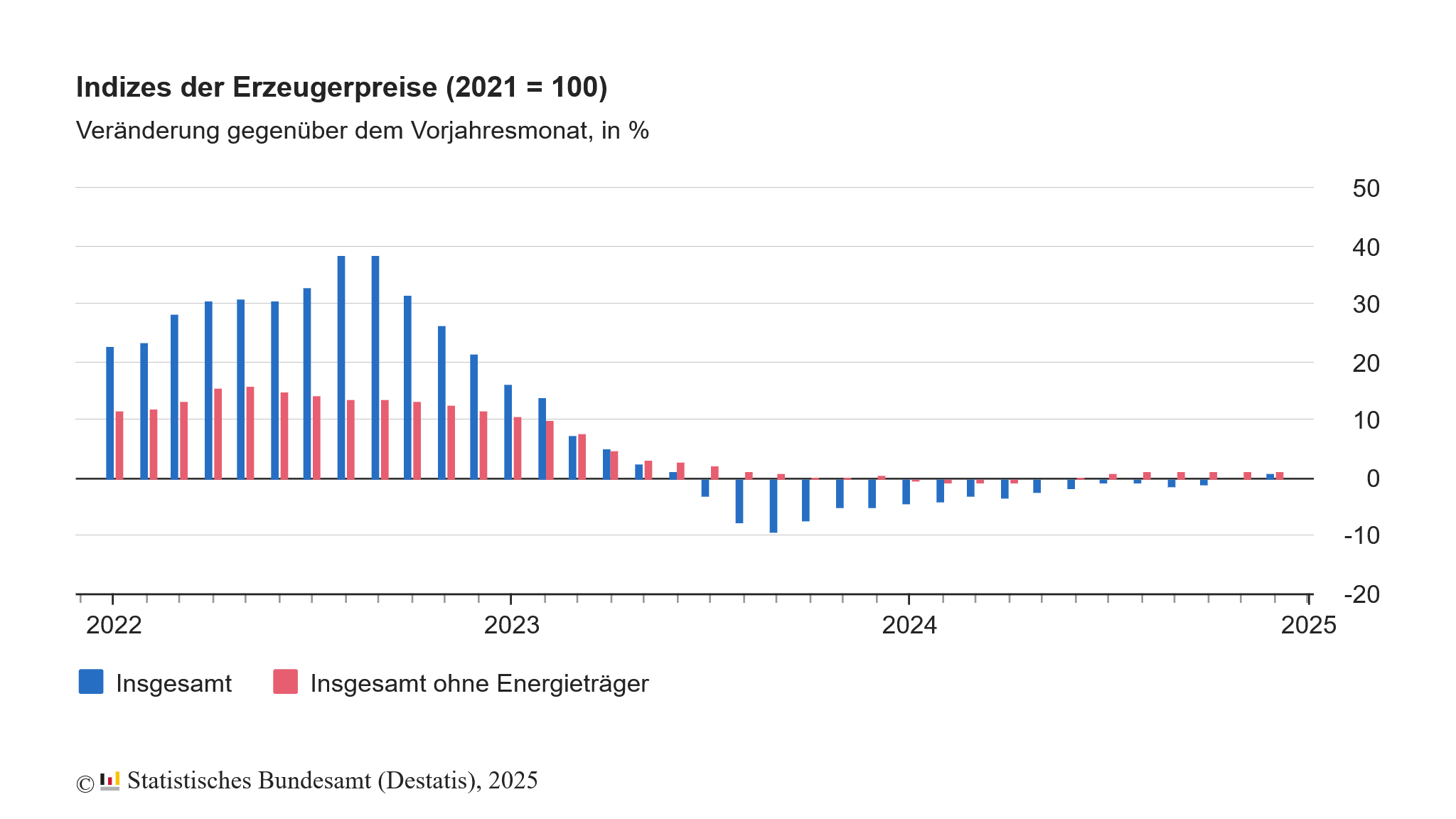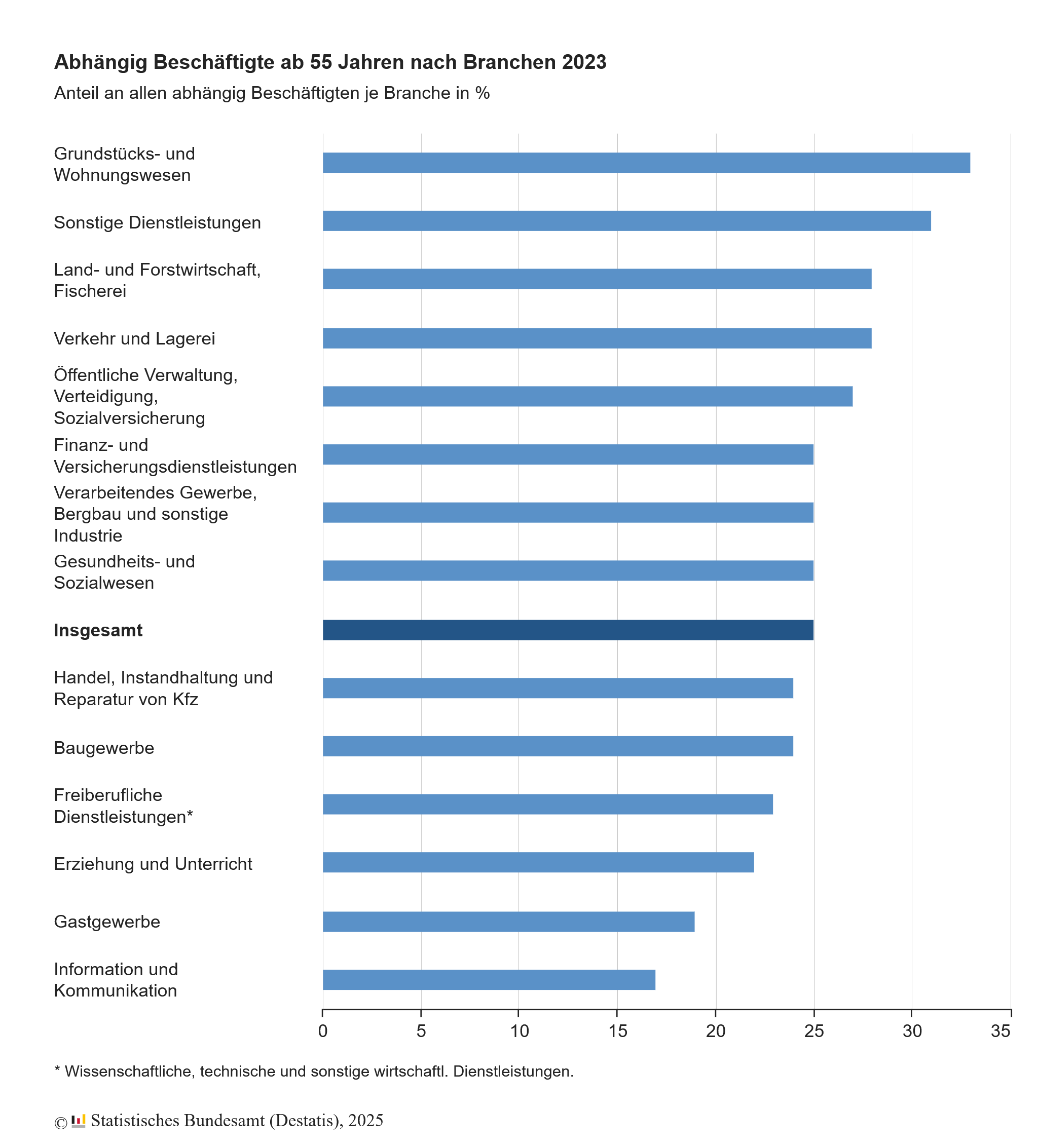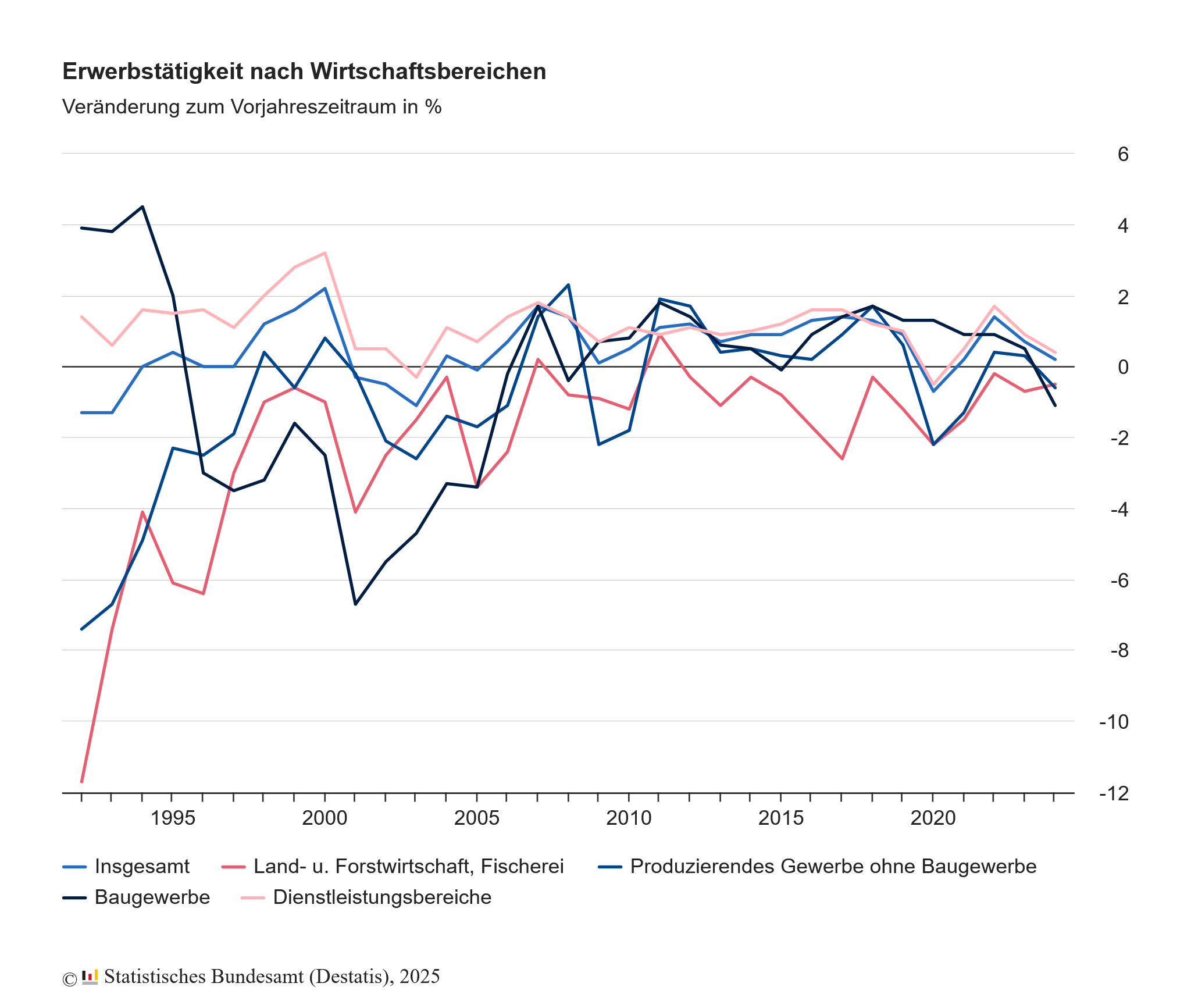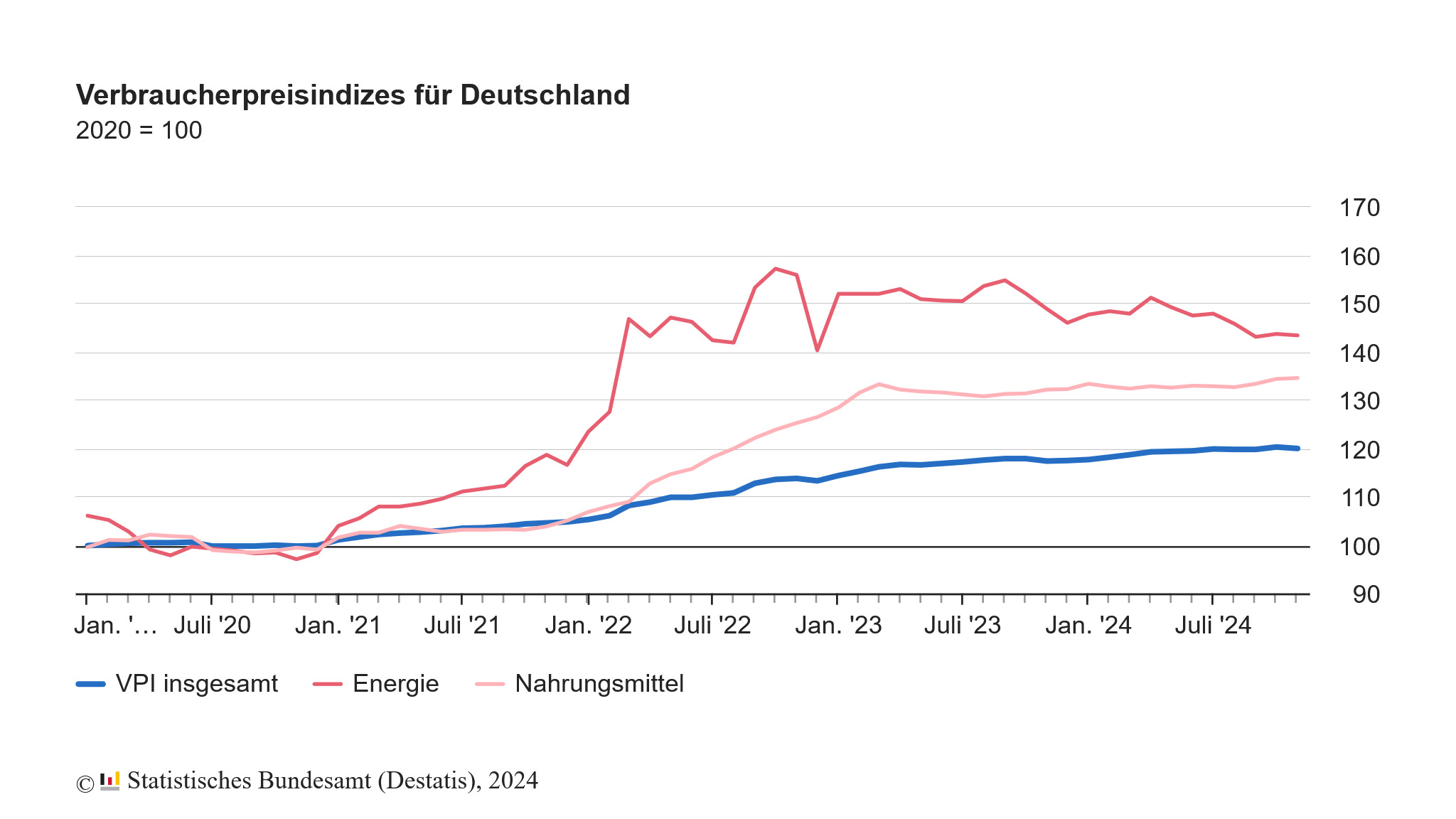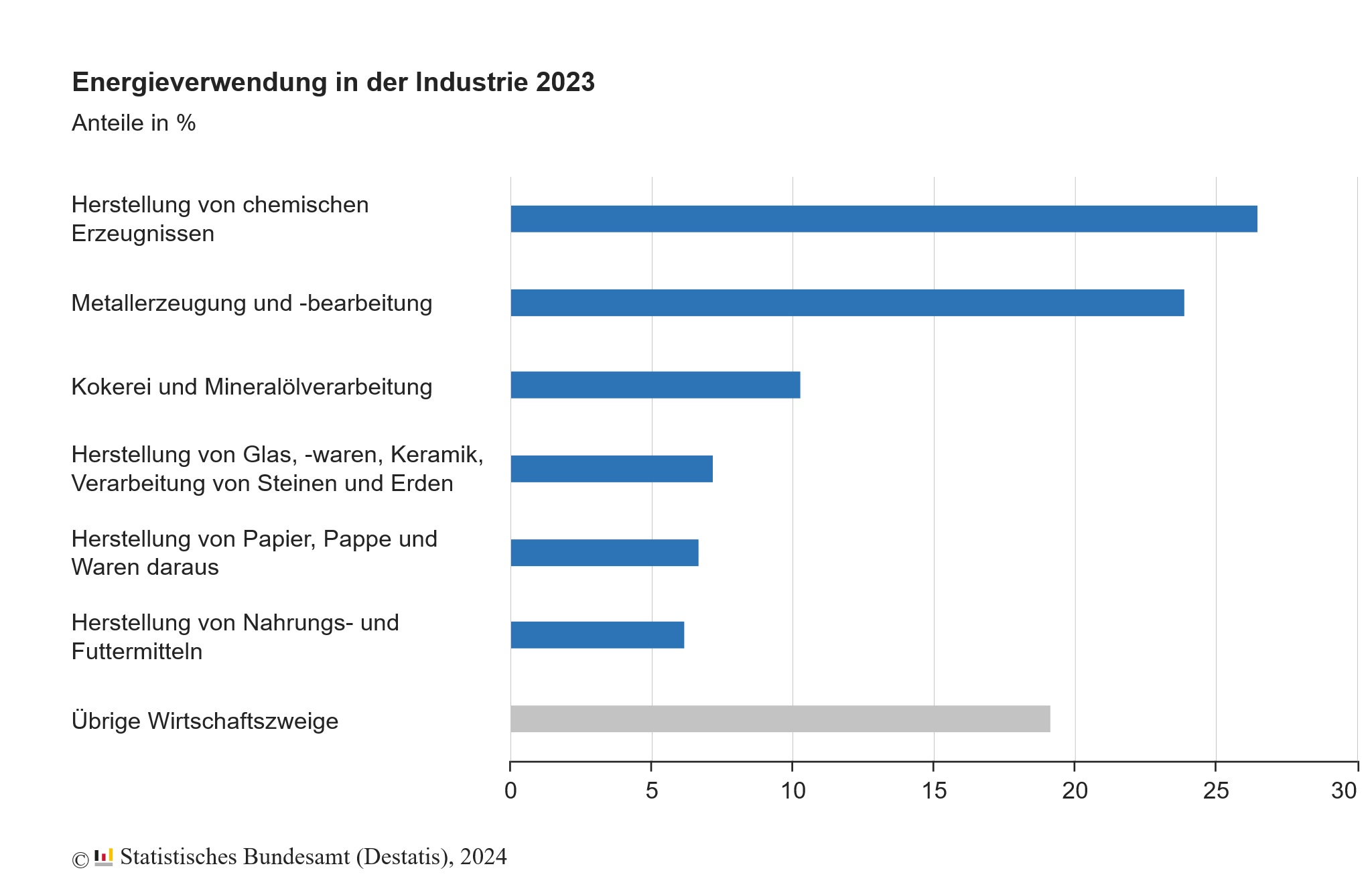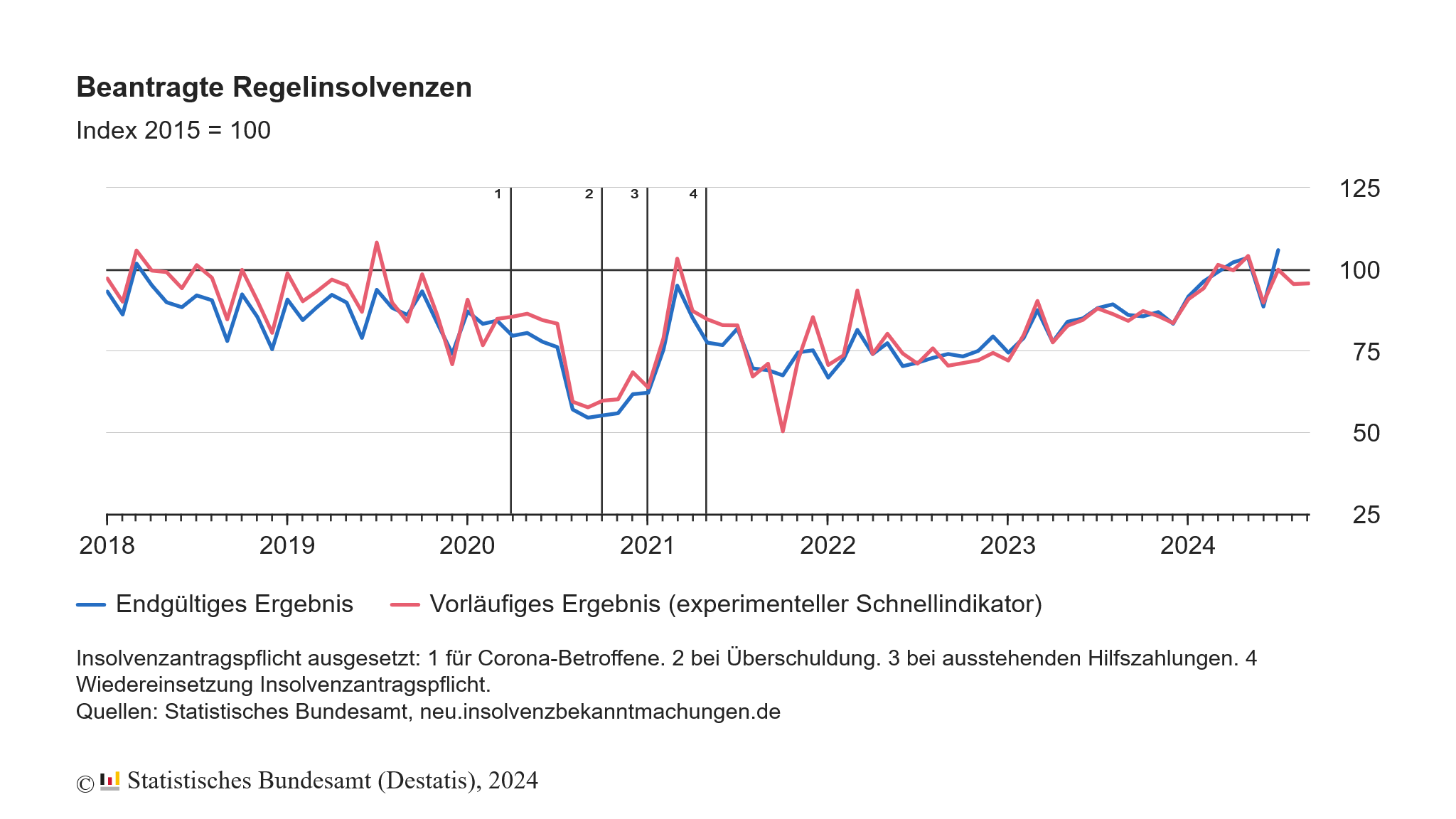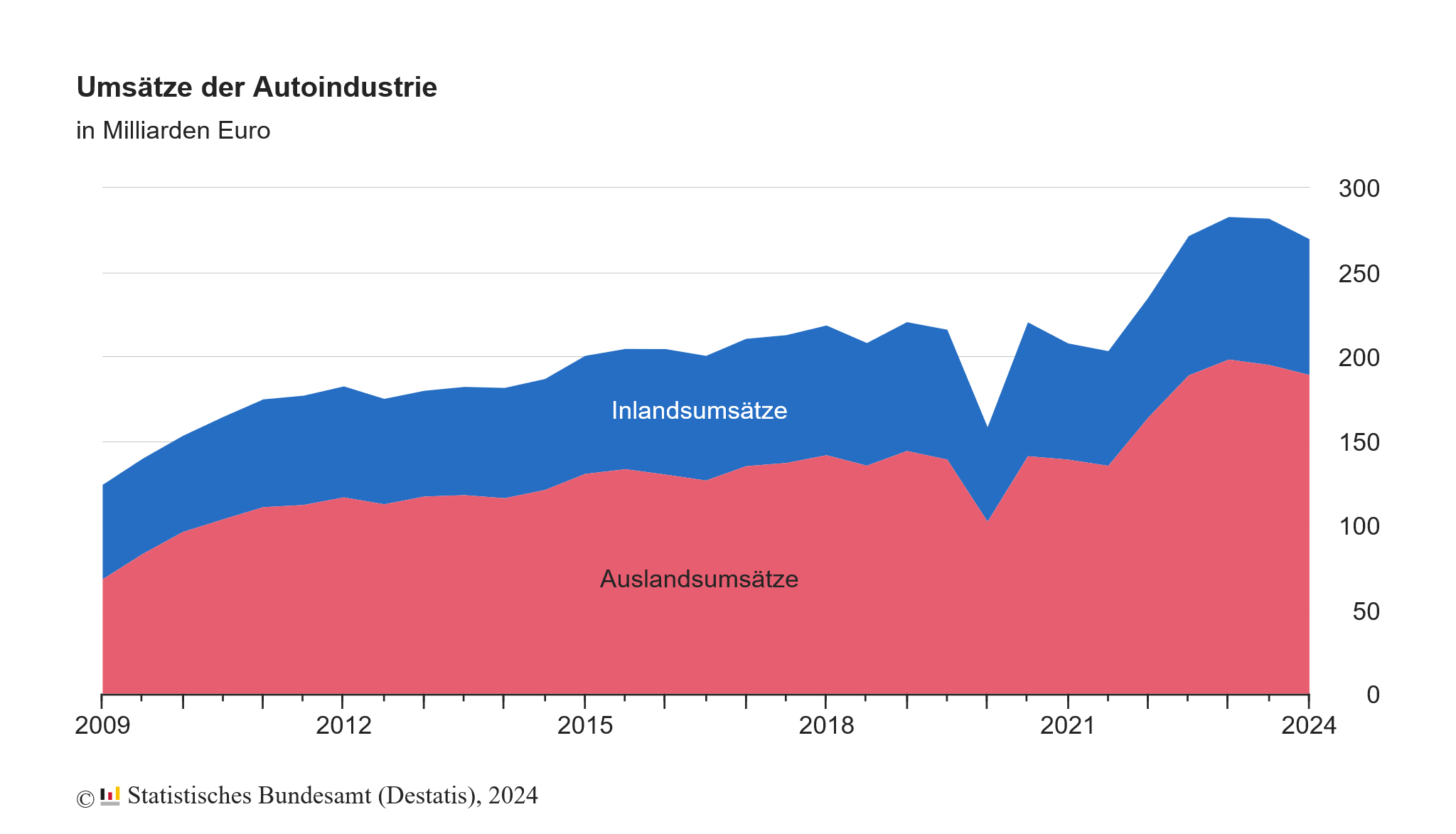5.8 million jobs benefit from minimum wage increase

Following the increase in the minimum wage to 12 euros on October 1, 2022, the income of affected employees will rise by a total of around 480 million euros, which corresponds to an increase of 9.6%.
Wiesbaden - The publication by the Federal Statistical Office states that around 5.8 million jobs in Germany will be affected by the minimum wage increase on October 1, 2022. Before the minimum wage increase, around 14.8% of all employees in Germany earned less than 12 euros per hour. The data was determined using the July 2022 earnings survey. If these 5.8 million jobs now receive the minimum wage, this means a 9.6% increase in income for the employees concerned, which corresponds to around 480 million euros.
According to an EU directive, the minimum wage should be 60% of median earnings, as measured by the so-called Kaitz index. However, this index only takes full-time employees into account. In October 2022, the average gross hourly earnings for full-time employees in Germany entitled to the minimum wage amounted to 21.29 euros. The minimum wage of 12 euros therefore corresponded to a share of 56.4 %. If all employees entitled to the minimum wage are taken into account, the average earnings fall to 18.94 euros, and the minimum wage corresponds to a share of 63.4 %.
Women and East Germans benefit more than average
It can be seen that women are affected by this increase at an above-average rate, around 18% compared to around 12% for men. There are also differences between East and West Germany: Around 18% of employees in eastern Germany are affected, compared to only 14% in western Germany. The effects also vary depending on the federal state. Saxony-Anhalt has the highest proportion of affected employment relationships at 18.6%, while Baden-Württemberg has the lowest at 12.6%. The hospitality industry is particularly hard hit with 48% and agriculture, forestry and fishing with 41%.
The increase in the minimum wage has significantly reduced the low-wage sector in Germany. In October 2022, one in seven employees (15%) worked in the low-wage sector, which represents a reduction of 1.5 million jobs compared to April 2022. There was a particularly positive impact on the sectors "Other business service activities", "Hotels and restaurants" and "Agriculture, forestry and fishing", although the proportion of low-paid jobs in these sectors is still high.
Further background information and methodological notes can be found in the corresponding publication of the Federal Statistical Office.

Newsletter
Startups, stories and stats from the German startup ecosystem straight to your inbox. Subscribe with 2 clicks. Noice.
LinkedIn ConnectFYI: English edition available
Hello my friend, have you been stranded on the German edition of Startbase? At least your browser tells us, that you do not speak German - so maybe you would like to switch to the English edition instead?
FYI: Deutsche Edition verfügbar
Hallo mein Freund, du befindest dich auf der Englischen Edition der Startbase und laut deinem Browser sprichst du eigentlich auch Deutsch. Magst du die Sprache wechseln?
